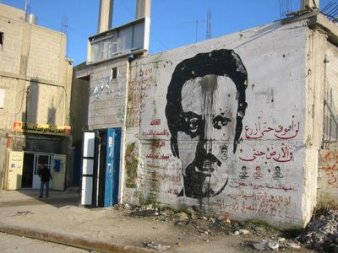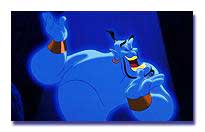
I'll start off by saying that Thieves In Retirement was a total waste of my time. I found it in the library but couldn't find a description of the book so I was kind of in the dark about it. The book is by Abu Golayel and is basically about nothing. For the first time ever I read half of the book and still wasn't interested at all. It was like I was still on page one and didn't know yet what the story was going to be about, only I was on page 52 out of 120 pages. I didn't finish that book because it was going nowhere. The narrator was like an old man who starts off telling one story, and then is reminded by another story, then another and another until I had no idea what the point was because none of the stories are referred to again afterwards.
So after wasting most of my reading time on that book I began All That's Left to You by Ghassan Kanafani. I wasn't able to read the entire book but what I've read was really good so far. It feels good to read from a familiar author.












